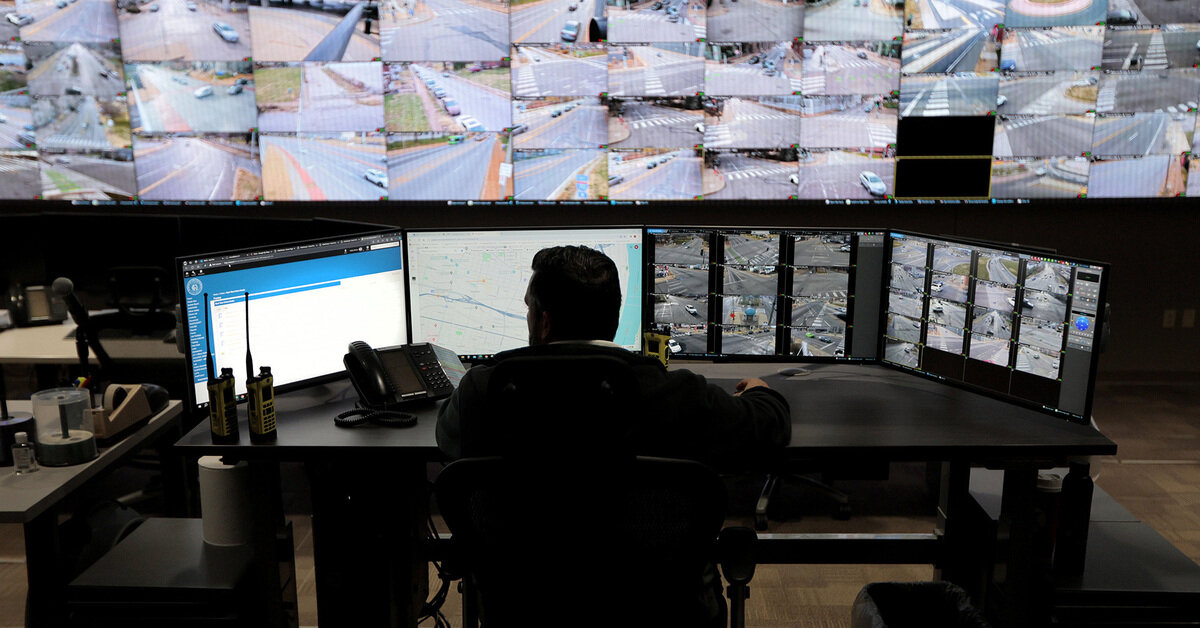Private security footage is nothing new to criminal investigations, but two factors are rapidly changing the landscape: huge growth in the number of devices with cameras, and the fact that footage usually lands in a cloud server, rather than on a tape.
When a third party maintains the footage on the cloud, it gives police the ability to seek the images directly from the storage company, rather than from the resident or business owner who controls the recording device. In 2022, the Ring security company, owned by Amazon, admitted that it had provided audio and video from customer doorbells to police without user consent at least 11 times. The company cited “exigent circumstances.”



Sadly there’s little option for some stuff. Robot vacuums have become super useful, even if they are arguably the biggest security risk that exists. And that will never change, no matter how capable the products get
There are open source solutions for robot vaccums provided you get a compatible robot
https://valetudo.cloud/
Unfortunately it’s not something the average person’s going to undertake.
Removed by mod
What we need to do is organize and push for a right to privacy rather than work around the system in place.
Removed by mod
The link doesn’t work, but I just found out it’s actually supported on mine! Although I probably won’t mess with it, since I’m not alone here
Thanks for the heads up, fixed the link.
Why would you consider robot vacuums to be particularly dangerous in terms of security? I’m certainly more weary of things like Google Nest, Amazon Alexa, pet cams, doorbell cams, that sort of thing.
I know that some but not all vacuums have cameras, and I’d assume some might have microphones as well. But in general it doesn’t strike me as inherently more dangerous to one’s privacy.